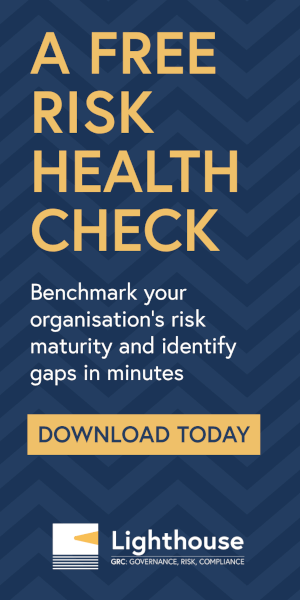Ministry of Housing, Communities and Local Government
|
|
|
Citizenship Survey - Empowering communities
People need more power to influence and control their local services Communities Secretary Hazel Blears said today, as new figures show that fewer than four in ten people feel their voices are being heard at local level.
Headline figures from the Citizenship Survey (April 2007 - March 2008) show that in the last year just 38% of respondents felt able to influence decisions in their local area whilst only 39% of people were involved in some kind of civic participation such as attending a public meeting, signing a local petition or contacting a local councillor.
The findings tally closely with data from this year's local elections which showed average voter turnout at around 40% or less. Taken together, the findings suggest a sense of apathy pervading the local democratic process which is something the Government is keen to address.
The Government wants to see greater involvement of local people in the decision making process and greater accountability so that when people do get involved in meetings or signing petitions they can be sure those efforts are not wasted.
Research shows that where people have opportunities to participate and feel they can influence decisions their satisfaction with the local authority tends to be higher1. By giving more people more of a say and a greater bearing on the decisions that affect them the Government wants to bring about a real shift in power with local people playing a bigger role improving communities up and down the country.
The Government have already announced new measures for local people to have a say through community kitties, a new right to a response when people sign a petition on an issue that matters to them and greater ownership of community assets. In the coming weeks Hazel Blears will publish a Community Empowerment White Paper which will go even further in giving more power to local people.
Hazel Blears said:
"Too few people feel they can influence decisions either at a local or national level. Everyone should have a real sense of power and control over key aspects of their life - such as tackling crime or improving healthcare - and that means giving people a bigger say in the decisions that affect them.
"Local people often know what the solutions to problems in their area are - but too often we don't include them in the process. If we want the highest quality services that really meet people's needs then we need to find better ways of hearing what they have to say and put communities in control of the services that affect their lives."
Despite lower levels of civic participation, broader measures on attitudes towards and involvement in communities captured by the Citizenship Survey are generally very positive. The Citizenship survey shows that:
* nearly three quarters (73%) of all adults have volunteered at least once in the last year;
* 48 % have volunteered at least once a month;
* 82% of people think that people from different backgrounds get on well in their local area;
* The numbers of people that feel they belong strongly to their neighbourhood has risen from 70% in 2003 to 75% in 2008.
The third section of the Citizenship Survey reports views on racial prejudice and discrimination. Findings include:
* a decline in the number of people from ethnic minority groups who felt hat they would be treated worse than other races by at least one of eight public service organisations from 38% in 2001 to 34% in 2007-082
* Less than 1 in 10 people (9%) say that racial or religious harassment is a problem in their local area.
* 56% of people feel that there is now more racial prejudice in Britain than five years ago.
* People from ethnic minorities (32%) are less likely than White people (58%) to feel that there is now more racial prejudice in Britain compared with five years ago.
Notes to Editors
1. Every year almost 15,000 people are asked their views on issues around community cohesion, racial prejudice and discrimination, values, civic engagement and interaction. The biggest survey of its kind, the Citizenship Survey is one of the key tools used by Government to inform policy development and measure the effect of its policies.
2. The full findings from the fourth quarter of the Citizenship Survey April 2007 - March 2008 can be found at http://www.communities.gov.uk/corporate/857938
News Releases: http://www.communities.gov.uk/newsroom
1. The participation/satisfaction research relates to the Communities and Local Government (2007) Best Value User Satisfaction Survey 2006-07: General Survey National Report, London CLG.
2 The eight organisations looked at are the police, the prison service, the courts, the Crown Prosecution Service, the probation service, a council housing department or housing association, a local GP and a local school.


